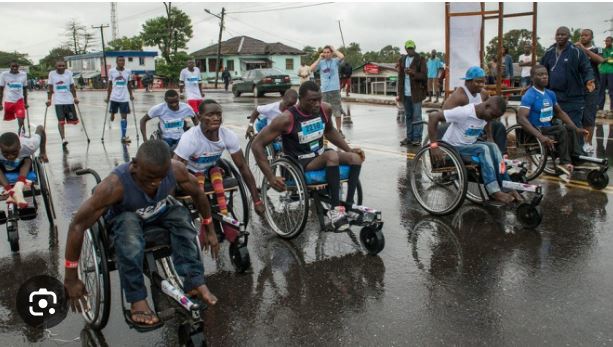
By this, she stated, a significant number of the population have been cut off from the decision-making process and the successful implementation of the policies.
Ajibola stated this at the two-day training, which took place on Wednesday and Thursday, on Climate Change Media Reporting Workshop organised by CJID in Abuja.
She said, “Once a girl child is educated, by the agency to say that I do not want to have more than a child or two, means that we can reduce population and by that process, reduce harmful gas emission. We need to educate the public about further ways to reduce emissions.
“The survey we carried out last year showed changes in farmers’ crop production and cycle, but they had no idea it was connected to climate change. And the more we leave women lacking that knowledge, with they being 45-75 per cent of our crop producing population, we would suffer.”
The CJID deputy director added that reducing food waste through proper food preservation would minimise the release of harmful gases into the environment.
She urged journalists to track budgetary allocations of climate change projects and their utilisation in reducing carbon emissions.
“When a budget has been allocated, journalists should scrutinise and track how much was allocated to women. If none or little was allocated, what does it mean for the nation?” she queried.
Ajibola further called for more research and coverage on the impact of climate change on women’s health.
She added, “Women and persons with disabilities should be involved in new climate change technologies. I always refer to mobile banking apps and don’t know how accessible those tech platforms are for persons with disabilities. By not making the technologies accessible to persons with disabilities, if their community is about 15 or 17 million, that means, they have been cut off from the solution.
“As long as women are not educated and smart ways of doing things using technology are developed, you have not solved any problem. So, there should be equal access to training facilities, financial empowerment, and participation in mitigating and adaption measures to climate change.”
Speaking on climate financing, the Principal Scientist, National Council on Climate Change, Nigeria, Adesola Effiwatt, decried the inability of African countries to agree and have a common position on climate change issues during negotiations at the international level.
This, she stated, had caused uneven progress in Africa’s commitment to climate change.
Effiwatt noted that Africa’s need for climate change was adaptation and adaptation finance, adding that “sustainable energy access, scale-up of incentives, access to quality finance, Just transition, operationalisation of loss and damage fund” were the subsequent discussion for Africa.
The NCCC’s Principal scientist also stated that policies and projects should be towards the specific needs of people in a particular area and how it affects gender.
She added, “We are trying to put structures and modalities in place so that we can have appropriate evidence in the structure that would cater to the feasibility of the project. The discussions now are on, who is hosting the fund, where the money is coming from, persons who have access to it, and the duration plan of the fund.”
Effiwatt called for the monitoring, evaluation, reporting, and verification of projects and policies and the implementation of sustainable measures tailored to meet the needs of the people.
On his part, the Program Director at CJID, Akintunde Babatunde, urged journalists to tell impact-driven stories.w





